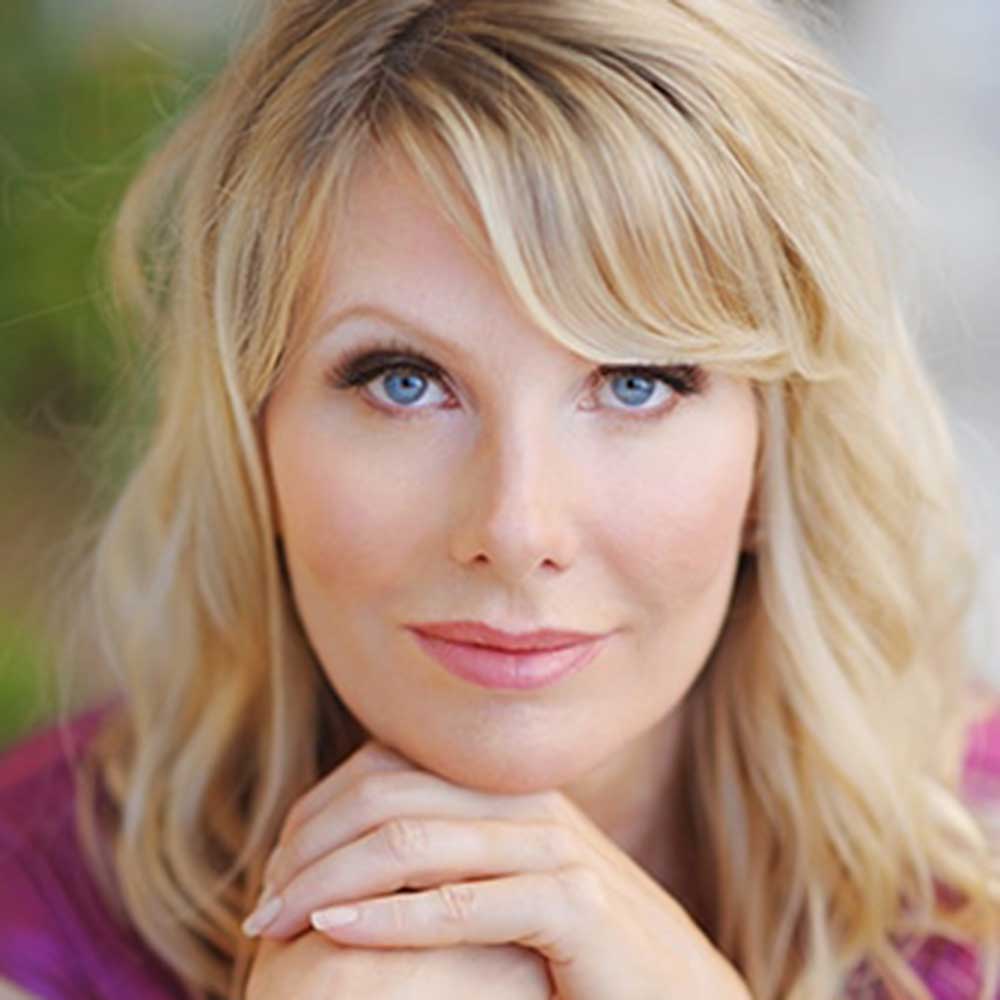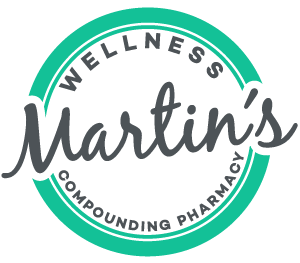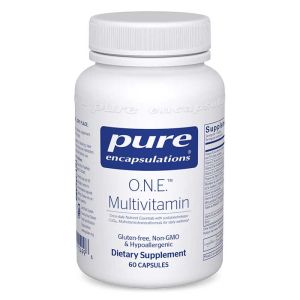Halfway Through January: Let’s Talk About Attainable Healthy Habits for the New Year

We’ve made it halfway through January. How are your New Year’s resolutions going so far? If you’re feeling less motivated or struggling to stay on track, you’re not alone. The truth is, many people start the new year with lofty goals, only to find themselves overwhelmed by mid-January. But this isn’t a sign of failure — it’s a chance to pause, reassess, and focus on creating sustainable, attainable habits that can truly transform your health and well-being for the long term.
Let’s dive into why small, realistic goals are the key to lasting change and how you can course-correct your New Year’s resolutions to set yourself up for success.
The Problem with Overambitious Goals
At the beginning of the year, it’s tempting to set big, sweeping goals. “I’m going to lose 30 pounds,” “I’m going to work out every day,” or “I’m cutting out all sugar” are common examples. While these goals sound impressive, they can be difficult to achieve and maintain. In fact, setting goals that are too ambitious can lead to burnout, frustration, and giving up altogether.
Here’s the thing: Progress matters more than perfection. You don’t need to overhaul your entire lifestyle overnight. Instead, focus on attainable, incremental changes that you can sustain over time.
Why Attainable Goals Are More Effective
Attainable goals work because they:
- • Build confidence: When you achieve small wins, you feel more motivated to keep going.
- • Prevent burnout: Smaller goals are less overwhelming and easier to maintain.
- • Create lasting habits: Sustainable changes are more likely to become lifelong habits.
For example, instead of committing to an intense workout routine seven days a week, start by aiming for three to four workouts per week. Instead of cutting out all sugar, try reducing your intake gradually. These smaller goals may not sound as impressive, but they are far more likely to lead to long-term success.
Tips for Course-Correcting Your New Year’s Goals


If your original resolutions feel overwhelming, don’t give up! Here’s how to adjust your goals to make them more achievable:
Break Down Big Goals into Smaller Steps
If your goal is to lose weight, instead of focusing on the total number of pounds you want to lose, set a goal to lose 1-2 pounds per week. If you want to exercise more, start with 20-30 minute workouts a few times a week and build from there.
Focus on Habits, Not Outcomes
Instead of setting outcome-based goals (like “I want to lose 20 pounds”), focus on habit-based goals (like “I will eat more vegetables at every meal” or “I will walk for 20 minutes each day”).
Habits are within your control, while outcomes can be influenced by many factors.
Celebrate Small Wins
Every small step you take is progress. Celebrate your wins — no matter how small they seem. Did you skip dessert today? That’s a win! Did you drink an extra glass of water? Another win! These small victories add up over time.
Be Kind to Yourself
It’s normal to slip up. Life happens. The key is to avoid the all-or-nothing mindset. If you miss a workout or indulge in a treat, don’t throw in the towel. Acknowledge it, forgive yourself, and get back on track. Consistency is more important than perfection.
Reassess and Adjust
Your goals should be flexible. If something isn’t working, adjust it. If your schedule makes it difficult to work out in the morning, switch to evening workouts. If cutting out sugar completely is too hard, focus on reducing it gradually. Make your goals work for you.
Healthy Habit Ideas to Kickstart Your Year


Not sure where to start? Here are a few simple, attainable healthy habits you can incorporate into your routine:
- • Drink more water: Start by adding one extra glass of water per day.
- • Move your body daily: This can be as simple as a 10-minute walk.
- • Prioritize sleep: Aim for 7-9 hours of sleep each night.
- • Eat more whole foods: Add an extra serving of vegetables to your meals.
- • Practice gratitude: Write down one thing you’re grateful for each day.
- • Limit screen time: Set a goal to reduce your screen time by 10-15 minutes each day.
- • Reduce stress: Practice meditation and get out in nature.
- • Balance hormones: Make sure reproductive and stress hormones are optimized.
Remember: Progress, Not Perfection
The journey to better health and well-being isn’t a sprint — it’s a marathon. The key is to keep moving forward, even if progress feels slow. By setting attainable goals, focusing on small changes, and being kind to yourself along the way, you’ll be far more likely to stick with your healthy habits for the long term.
So, as we move through the second half of January, take a moment to reassess your goals. Make them realistic, make them sustainable, and most importantly — make them work for you.
Begin Your Wellness Journey with These Essentials
Looking for a simple way to begin the year on a healthy note? Start with this basic wellness starter pack! Each product is designed to support your body and mind, helping you see meaningful changes in your overall well-being when used consistently:
- • Pure Encapsulations ONE Multivitamin (60ct): A high-quality multivitamin to cover essential nutrients and promote daily vitality.
- • Body Dynamics Mega Cleanse (90 tablets): A gentle cleansing formula to support healthy digestion and detoxification.
- • Premier Research Adaptogen R-3 (90ct): Adaptogenic herbs to boost energy, reduce stress, and enhance resilience.
Commit to these core supplements, and with consistent use, you'll be well on your way to feeling your best this year.


Ruthie Harper, MD
Dr. Harper founded Ruthie Harper MD, her internationally recognized practice in Austin, Texas, in 1999. Since that time, she has consulted with more than 10,000 patients and offers the latest services and techniques in health and wellness in the medical division of her practice, as well as non-surgical rejuvenation and skincare in the cosmetic portion of her practice. Her ongoing success serving the health and beauty industries is based primarily on her innovative integration of research, nutritional science, advanced functional testing, and advanced aesthetics.


